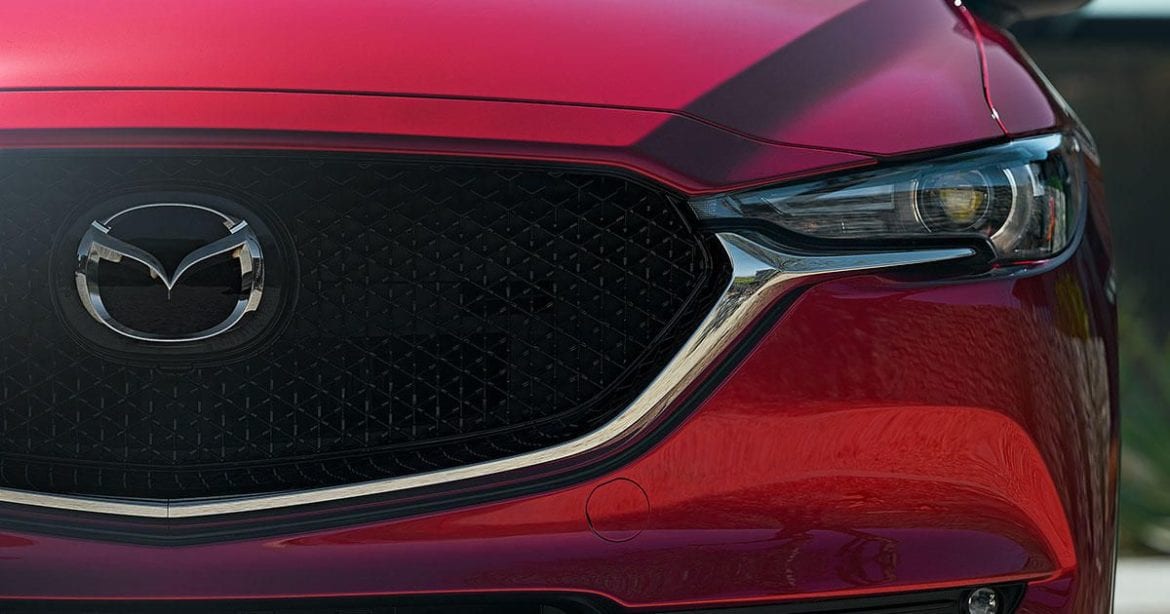After numerous years doubting the potential of the electric vehicle market, the Japanese automaker has finally announced their Mazda electric plan for the future, and it’s not looking too substantial.
Currently, Mazda does not sell any electric vehicles. In their latest press release, Mazda revealed their strategy that envisions the potential electrification of their entire lineup by the year 2030, a goal which falls under the company’s “Sustainable Zoom-Zoom 2030” plan.
In order to set their plan in motion, the Japanese automaker first plans to convert a number of its models into electric hybrids. Mazda’s current forecast for 2030 estimates that about 95% of all vehicles produced by that year will deploy with “some form of electrification,” which could mean mild hybrids, full hybrids, or plug-in hybrids. Mazda estimates that only about 5% of the vehicles produced will be fully electric.
First, Mazda will develop two battery electric vehicles: one powered solely by battery, and another that pairs a battery with a range extender powered by their “small, lightweight and exceptionally quiet” rotary engine. It is expected that Mazda will launch their first electric model in 2020, one year later than previously anticipated, further highlighting how behind the automaker truly is.
Mazda explained their plan in slightly more depth in their latest press release:
– Mazda will develop two battery electric vehicles, one powered solely by battery and another that pairs a battery with a newly developed range extender powered by Mazda’s small, lightweight and exceptionally quiet rotary engine. The range extender will recharge the battery when necessary to effectively increase the vehicle’s driving range.
– The concept behind the rotary-powered range extender was to leverage the rotary engine’s small size and high power output to make multiple electrification technology solutions possible via a shared packaging layout.
– Taking advantage of the rotary engine’s compatibility with gaseous fuels, the rotary-powered range extender is designed to also burn liquefied petroleum gas and provide a source of electricity in emergencies.
In addition to announcing the Mazda electric plan for the future, the automaker has also said publicly that it is working to reduce its well-to-wheel carbon dioxide emissions by 90% by the year 2050.
While Mazda’s recent efforts to join the electric market are commendable, it is hard to view their plan with any level of real sincerity given the automaker’s rather critical stance towards electrification back in 2009. If Mazda truly wishes to partake in the electric vehicle market, they will have a lot of catching up to do.
Source: Mazda

2 comments
Mazda is not a huge company, I think if they come up with a nice EV with the rotary REX it will be quite revolutionary.
Mazda may be a smaller than the rest of the Japanese automakers but that doesn’t mean that they shouldn’t be steadfast into going electric. They have sold around 1.6 million cars this year (https://www.statista.com/statistics/267255/global-vehicle-sales-of-mazda-by-region-since-2006/). 5% of that would only be around 81,000 cars annually. Obviously they don’t have the production of Toyota or VW. So I’m not asking for 1 million car annual EV production. But at the very LEAST have 20-25% of the annual production be pure electric.
In terms of the rotary REX engine I think it’s pretty cool, but as time goes its going to be less and less acceptable to have a gasoline engine in something that’s supposed to be electric